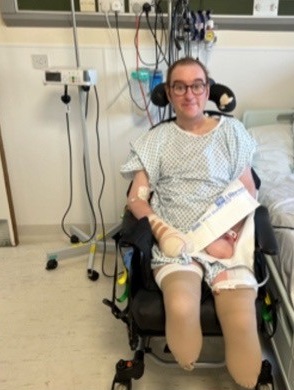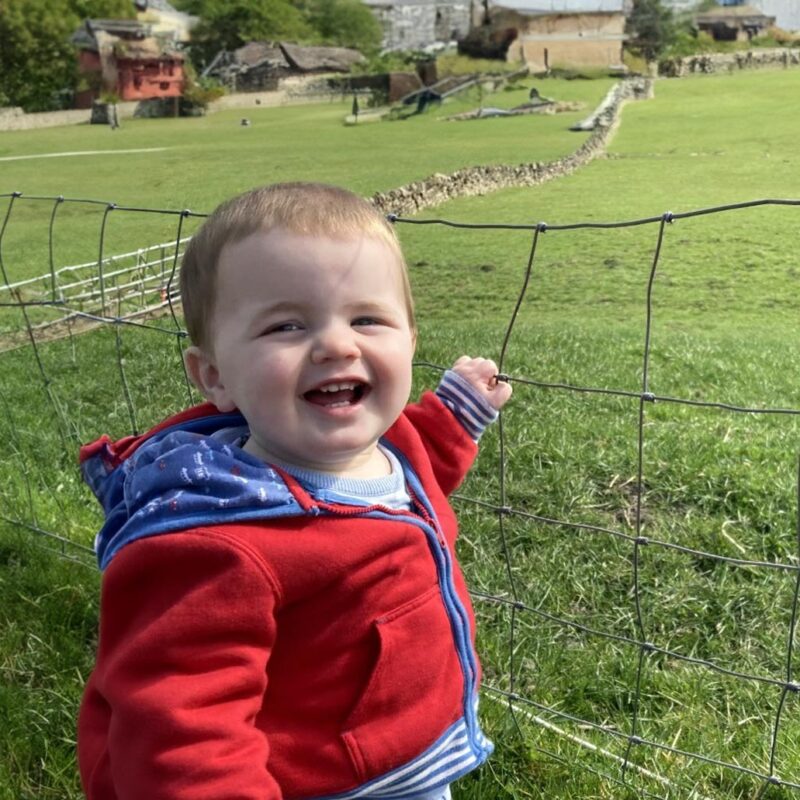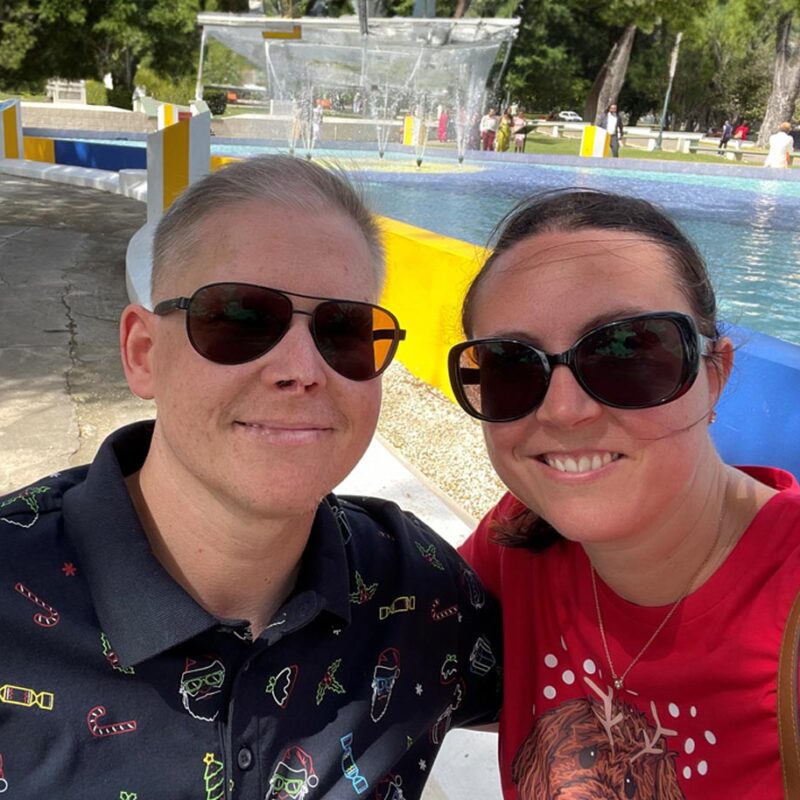Terry Lynch’s life changed forever in July 2022 when he was admitted to West Middlesex Hospital with severe septic shock – caused by Group A beta-haemolytic streptococcus. The sepsis led to a cascade of life-threatening complications, After months of intensive treatment and multiple surgeries – including amputations – Terry continues to face the long road of recovery. His experience highlights the devastating impact of sepsis and the importance of recognising its early signs.
“I felt uneasy,” Terry recalls. “I was shivering, I couldn’t rest, and then I started vomiting and having bloody diarrhoea. I knew something was really wrong, but I had no idea it was sepsis.”
In July 2022, Terry Lynch was admitted to West Middlesex Hospital (WMH) in critical condition. What initially seemed like severe illness quickly escalated into septic shock, requiring high doses of inotropes to stabilise his condition. “I was so unwell – everything felt like it was shutting down,” he says.
The infection – caused by Group A beta-haemolytic streptococcus – triggered septic emboli, leading to necrosis in his hands and feet.
“I had never imagined my body could fail in this way,” he adds. As his body fought to survive, further complications arose.
During his hospital stay, Terry developed small bowel and colonic perforations, necessitating surgery to bring up a loop of healthy small bowel as a stoma. His kidneys failed, resulting in anuric acute kidney injury that required prolonged filtration before function was eventually restored. “My kidneys just stopped working – I was terrified,” he remembers.
Further complications included gastrointestinal bleeding, later diagnosed as gastritis with a small ulcer, which was managed with proton pump inhibitors. In addition, thrombi were discovered in his left and right femoral veins, and he developed prolonged hypercalcaemia, requiring further medical intervention.
By mid-September, Terry was transferred to St Mary’s Hospital (SMH) for further treatment. There, under the care of the plastics team, he underwent multiple procedures to manage the extensive tissue damage. The severity of the necrosis in his legs meant that, on 5th October, he underwent bilateral transtibial amputations. “Losing my legs was something I couldn’t process at first,” he admits.
A week later, on 12 October, he had a first-stage pedicled groin flap surgery to cover the left hand. Over the following weeks, he endured more surgeries – including debridement of pressure sores, reclosure of the TTA sites, and further procedures on both hands. By November, the surgeries continued, involving debridement, skin grafts, and the amputation of necrotic digits from his right hand. Each step of the process brought fresh challenges – both physically and mentally – as he came to terms with the impact of his illness.
While at St Mary’s, Terry also received treatment for hypercalcaemia, thought to be linked to immobility bone syndrome. A single dose of IV pamidronate was administered to help manage the condition. Further complications arose when he developed acute cholecystitis due to small gallstones, as identified by CT scan. Initially treated with antibiotics, the issue later led to an infection, requiring the removal of his gallbladder at WMH in March 2025.
Looking back on his experience, Terry urges others to be aware of the signs. “I knew nothing about sepsis before this – but if I could go back, I’d tell myself one thing: don’t leave it,” he says. “If you feel like something isn’t right, get help.”
Terry remains deeply grateful to the medical teams who fought to save his life. His journey has been marked by moments of fear, frustration, and disbelief – but also by resilience and determination. He wants others to be aware of the signs of sepsis and hopes that healthcare professionals will always ask the crucial question: “Could it be sepsis?”





